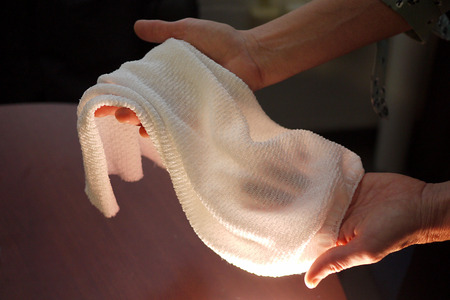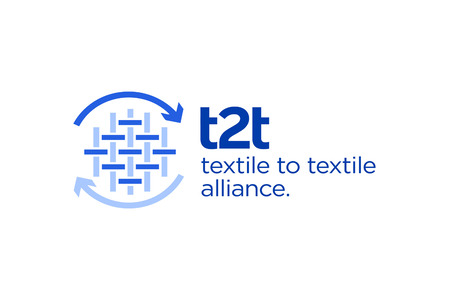NEPC tasked textile and apparel firms to take advantage of $850 bn global market
YarnsandFibers News Bureau 2015-02-06 10:00:00 – NigeriaThe Nigerian textiles and garments industry if given the requisite attention can be one of the game changers for the nation’s export drive. Noting that the opportunities in the global market are huge this year which according to statistics, is expected to hit $850 billion. The Nigerian Export Promotion Council (NEPC) has tasked textile and apparel manufacturers to take advantage of business opportunities from the global market.
The NEPC designed a forum to engage in discourse that will assist both the council and the stakeholders to proffer strategies that will enhance the export of Nigerian textiles and apparel. The Managing Director, NEPC, Olusegun Awolowo at the forum stated that it is imperative for the Nigerian textile industry to brace up to take a market share in the global market as there is huge opportunities in the market.
The Managing Director, who was represented by the Acting Zonal Controller, NEPC Lagos, Mrs. Evelyn Obidike, at a stakeholders’ forum of garments textile and apparel said of recent, the present administration has launched the Nigeria cotton, textiles and garment policy to boost the sector, stressing that future global market for textiles and apparel is expected to expand drastically.
It is going to be a challenging market, full of risks and unbelievable opportunities. Therefore it is important for the stakeholders to take cognizance of skills, competences and key trends to avoid hurdles.
The council has committed to provide assistance for the sector to thrive and increase export as Nigeria has the comparative advantage to increase export of Nigerian textiles and apparels.
Awolowo added that the adoption of agreement in Textiles and clothing (ATC) by World Trade Organisation (WTO) in 1995 has removed quotas on textiles and clothing among WTO members which included Nigeria, stressing that it is a common knowledge that economically developed countries have imposed high tariffs and quantitative restrictions on export of textiles and clothing to their countries.
Despite this, developing countries such as Bangledesh, Honduras, Mexico, El Salvador, Thailand, Cambodia, Lesotho, Mauritius and Ethiopia are increasing export of textiles to these developed countries.
Stakeholders at the end of the event, urged the council to play a more proactive approach in identifying more opportunities for the sector, as there is need to raise profile of the industry to tone with international global standards.
The council’s effort are towards providing direct assistance to the sector. One of such interventions was the establishment of human capital development centre in Lagos, to enhance capacity of the players in the garment industry.
Market Intelligence
Ask for free sample Report

experience
Customer Base
dedicated team
Countries Served Worldwide









